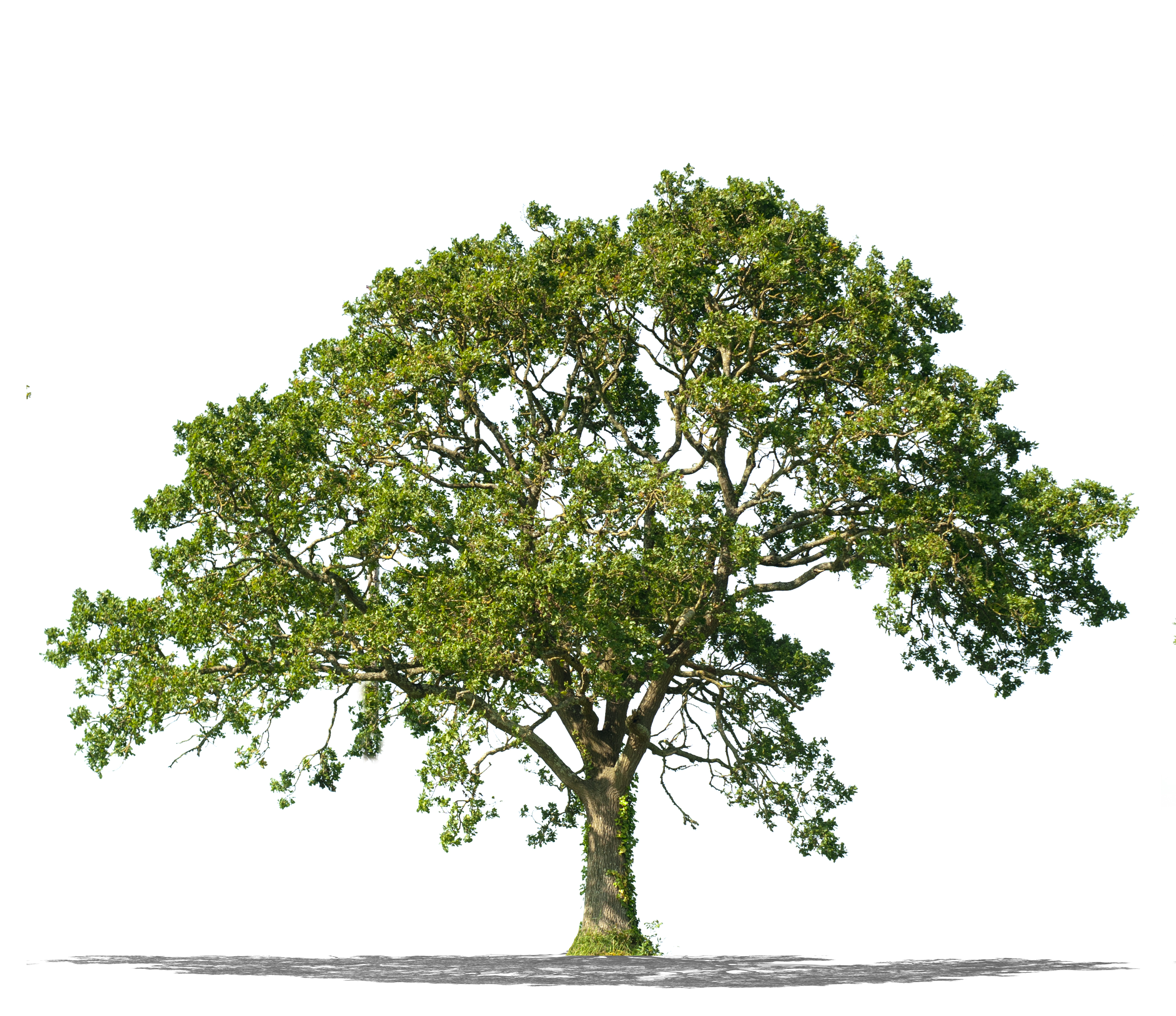Lordship

In Christianity today, we are generally willing to accept all of the privileges and blessings of salvation, yet at the same time reluctant to maintain our responsibilities as servants of our Lord Jesus. In short, we know and love Jesus as our Saviour, but not as our Lord. It is the purpose of this short note to set out some of our responsibilities so that we may more effectively represent our Lord Jesus here in this world.
Lordship, or our acknowledgement of Jesus as Lord, is the foundation of our salvation. Peter at the first preaching of the gospel in Acts 2, presents Jesus: crucified, raised, and glorified - now made Lord and Christ by God - and salvation is in this One. In Acts 16, Paul reaffirms that salvation is by belief: "believe on the Lord Jesus Christ, and thou shalt be saved, and thy house." This salvation brings us, by the calling of God, "into the fellowship of His Son, Jesus Christ our Lord" (1 Cor. 1:9). The fact is, we must know Jesus as Lord to realize our salvation. He alone is able, willing, and has the power to save.
The characteristics of His Lordship may be summarized as follows:
- Supremacy
- Authority
- Administration
In the first, He is Lord of All; the second deals with the commandments of the Lord; and in the third, we see His provision as the Administrator of all blessing "through our Lord Jesus Christ."
To appreciate more clearly this Lordship, there are examples for us in 1 Cor. 10 and 11:
- The Lord’s Cup
- The Lord’s Table
- The Lord’s Earth (The earth is the Lord’s)
- The Lord’s Supper
- The Lord’s Death
- The Lord’s Body
Prior to entering into these examples, the Apostle brings before our attention the truth of our associations and the responsibilities which are ours. Using the children of Israel as an example, he describes the place of blessing which is shared by all: "all…under the cloud…passed through the sea…baptized onto Moses…did eat the same spiritual meat, and…drink the same spiritual drink" (1 Cor. 10:1-4). But sadly, with "many" God was not pleased. They failed through lusting, idolatry, fornication, tempting Christ, and murmuring (1 Cor. 10: 6-10). All of these have spiritual application for us. Lust - a wrong desire for something in place of God’s provision; idolatry - placing that thing we lust after in the place God should have in our lives. Fornication here has to do with wrong affections: allowing our natural desires to overrule in our spiritual lives, giving friends and family place before the Lord. Tempting Christ involves being dissatisfied with divine provision - "loathing this light bread." Finally, in murmuring we reject the Lord Himself - "give us a captain" - give up our position and return to Egypt. There is a real regression from God’s desire for His people. Note, this is not the historical order of these events, but rather the moral order as given by the Spirit of God for our learning.
As those who have been saved and blessed, we are now to accept Christ’s Lordship in our lives - thus practically bringing us into His "fellowship" (1 Cor.1:9) - and to live subject to Him. The responsibility of those "in the fellowship" is seen as we read 1 Cor. 10:14-33. Please read these verses and see how this will affect us in our daily life. We have "blessed the cup of blessing." We recognize the blood of our Lord Jesus shed as the basis of the communion or fellowship (partnership). The bread, which we break, is another symbol of our fellowship: one loaf of which we all partake. Note well that in chapter 10 we do not drink from the cup, nor do we eat the bread. All Israel were identified with the altar because they ate of the sacrifices, the peace offerings. So we, who are identified with the Lord Jesus as those in the partnership (fellowship), must conduct ourselves in accordance with the Lord’s standards.
Let us return to our first example, the Lord’s cup. I would suggest that this is "the cup" referred to in Mat. 20:17-23: namely, a cup of rejection by this world. We who represent the Lord are identified with Him - in partnership - and the "drinking of my cup." There is no thought here of the cup our Lord referred to in Gethsemane (He and He alone could undertake that work of redemption) but our lives would take on the same cup of rejection and self sacrifice. "Ye shall drink of my cup." Mat. 20:23 - His authority.
Next, The Lord’s Table (or the Lordly Table), brings before us all of the blessings He administers. This is where every believer walking rightly enjoys divine provision and communion. Just as at a natural table we enjoy the food, drink, and conversation provided by the host, so at the Lord’s Table, divine food and drink - every blessing enjoyed from the Lord’s hand and in converse with Him - is available to us at all times. As the beloved psalmist says, "Thou preparest a table before me, in the presence of mine enemies" (Ps. 23:5). (Note that the Lord’s Table is an essential prerequisite for the Lord’s Supper, which follows in chapter11.)
The Lord’s earth comes third. Here His supremacy is maintained and His rights emphasized. Whatever I do is to be done to God’s glory and to please others, not seeking my own profit, but that of the many.
Therefore, in chapter 10 we find our responsibilities are prominent as those brought into His fellowship and in chapter 11 our privilege as partakers of the Lord’s Supper. While one has well said that this is the greatest privilege this side of eternity, yet it is the Lord’s Supper. His rights, administration, and supremacy are maintained. There is no place for our wishes or ideas, but only His desires and instruction. This action is the response to His heart of love from His lovers. It is here, at this occasion, that we bring Him to mind - who He is, the greatness and glories of the Person who has effected all for the glory of God, who has secured a company of divine worshippers, has brought many sons to glory and redeemed to God a vast company from every kindred, tongue, people and nation. It is not so much our blessing, although clearly He has accomplished that, but so much more. What He has obtained for God, how He has glorified God, as Man, in all subjection in fulfilling the will of God. Who can plumb the heights and depths of Him, the Son of God, Son of Man, and Son of David? What can we bring to Him on this occasion? What response to His loving invitation - "This do…in remembrance of me?" Not, do this. What gracious privilege is ours under His administration and subject to Him. Surely our hearts will be led out by Him to bless The Father.
We come now to the Lord’s death. What does our partaking of the Lord’s Supper denote to the world around us? We show His dying, for that is the meaning of this term. It is akin to the word in Rev. 5. the Lamb freshly slain - so the force here is to demonstrate to the world the dying of the Lord. In this act we identify with His dying and show that our lives are therefore as dead indeed to this world and alive to God. Dead with Christ to the rudiments of this world. (Col. 2:20). In a word, subjection to Him.
The Lord’s body is our final example in this chapter of His Lordship. The awful result of partaking of His supper in an unworthy manner (i.e., not recognizing His supreme place in this action) is to fail to discern the Lord’s body. The body of the Lord was prepared for Him to take up here in this world, to manifest the Father and show forth all His wonderful love and grace, and was given up at the Cross of Calvary as the Supreme Sacrifice and Offering to a Holy and Righteous God. That body is worthy of all reverence and awe on the part of His own. It is the Lord’s Body which is represented by the bread we eat in the Lord’s Supper; let us not enter lightly upon such an act.
Perhaps these few thoughts may draw out our affections to Himself and bring us into that place of communion and subjection where His rights and authority become the object of our lives.





